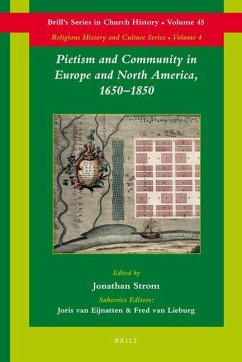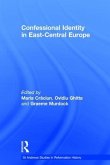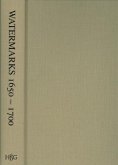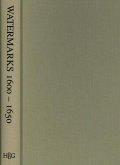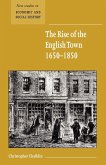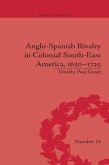Pietist movements challenged traditional forms of religious community, group formation, and ecclesiology. Where many older accounts have emphasized the individual and subjective nature of Pietists to the exclusion of community, one of the hallmarks of Pietism has been the creation of groups and experimentation with new forms of religious association and sociality. The essays presented here reflect the diverse ways in which Pietists struggled with the tension between the separation from the "world" and the formation of new communities from the seventeenth to the nineteenth century in Europe and North America. Presenting a range of methodological perspectives, the authors explore the processes of community formation, the function of communicative networks, and the diversity of Pietist communities within the context of early modern religious and cultural history.
Hinweis: Dieser Artikel kann nur an eine deutsche Lieferadresse ausgeliefert werden.
Hinweis: Dieser Artikel kann nur an eine deutsche Lieferadresse ausgeliefert werden.

